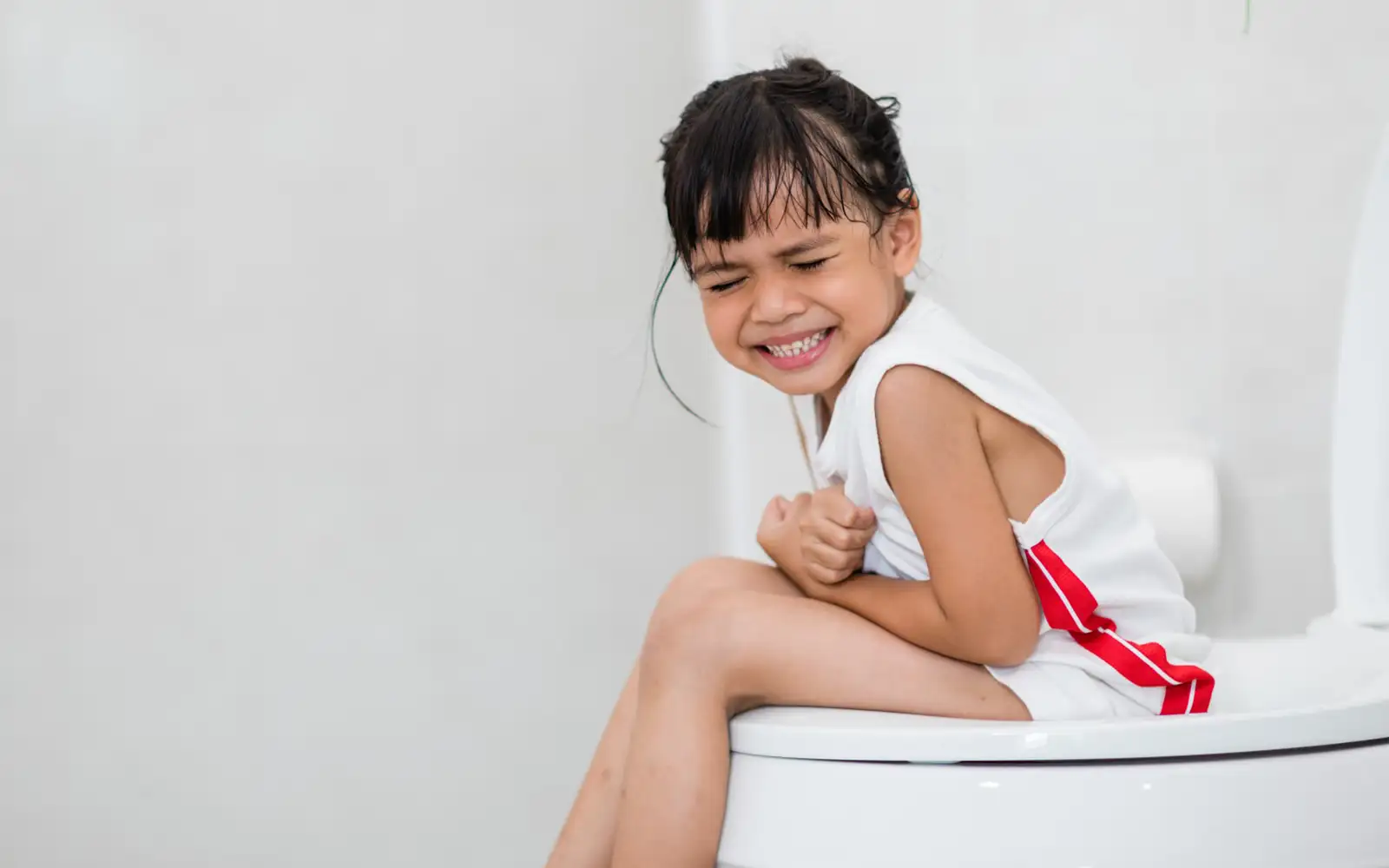
What is constipation?
Constipation is a condition in which a person has uncomfortable or infrequent bowel movements. Generally, a person is considered to be constipated when bowel movements result in passage of small amounts of hard, dry stool, usually fewer than three times a week. However, normal stool elimination may consist of having a bowel movement three times a day or three times a week; it depends on the person.
What causes constipation?
Hard, dry stools are the result of the colon absorbing too much water. Normally, as food moves through the colon (also known as the large intestine) the colon absorbs water while forming stool (waste products). Muscle contractions then push the stool toward the rectum, and, by the time the stool reaches the rectum, most of the water has been
absorbed, making the stool solid.
When the colon’s muscle contractions are slow or sluggish, the stool moves through the colon too slowly, resulting in too much water being absorbed. Some of the most common causes of constipation include the following:
- Lack of exercise
- Not enough liquids
- Not enough fiber in the diet
- Irritable bowel syndrome
- Ignoring the urge to have a bowel movement
- Changes in habits or lifestyle, such as travel, pregnancy, and old age
- Problems with intestinal function
- Abuse of laxatives
What are the symptoms of constipation?
The following are the most common symptoms of constipation. However, each individual may experience symptoms differently. Symptoms may include:
- Difficult and painful bowel movements
- Bowel movements fewer than three times a week
- Feeling bloated or uncomfortable
- Feeling sluggish
- Abdominal pain
The symptoms of constipation may resemble other medical conditions or problems. It is better to consult doctor for a diagnosis.
How is constipation diagnosed?
The tests performed depends on the duration and severity of the constipation, since most persons experience constipation at one time or another. The patient’s age, and whether there is blood in the stool, recent changes in bowel habits, or weight loss are considered.
Diagnosing constipation may include:
Medical history :a description of the constipation, including duration of symptoms,
frequency of bowel movements, and other information to help determine the cause of the constipation.
Physical examination. A physical examination may also include a digital rectal
examination (DRE), in which the doctor inserts a gloved, lubricated finger into the rectum to evaluate the tone of the muscle that closes off the anus. This examination also helps
detect tenderness, obstruction, blood, amount and caliber of stool, and if enlargement of the rectum is present.
Treatment for constipation
Lifestyle changes, such as increased water and juice intake, regular exercise, and allowing enough time for daily bowel movements can be helpful.
What are good fiber sources?
- Foods
- Bread
- Cereal
- Vegetables
- Fruits
- Meat substitutes
Alumina, Calcarea carb, Nux vomica, capsicum, Silicea, Causticum, Natrum Mur, Bryonia ,Acid nitricum are some of the homoeopathic medicines, commonly used for constipation. Though in Hardeep Homoeopathic hospital, every patient is
taken as an individual and complete history is taken to reach a similimum to cure the patient.
In children, sometimes constipation is treated with laxatives which comes again and again. It is a common problem amongst young children due to their diet which chiefly consists of milk. So problems in kids shouldn’t be ignored and treated timely.
In Aged, constipation is chiefly due to sluggish movement of bowels and also
dietary habits. Diet is usually deficient in fibres, or some other factors . Stools are hard lumps difficult to pass out owing to sluggish movement of bowels.
What are complications of constipation?
Constipation can cause complications, such as hemorrhoids, which occur by straining to have a bowel movement, or anal fissures (tears in the skin around the anus) which occur when hard stool stretches the sphincter muscle. This can result in rectal bleeding.
Sometimes, straining also causes rectal prolapse, where a small amount of intestinal lining pushes out from the anal opening. Constipation may also cause fecal impaction, which occurs mostly in children and older adults. The hard stool packs the intestine and rectum so tightly that the normal pushing action of the colon is not enough to expel the stool.
About
Welcome to Hardeep Homeopathy Hospital, where we blend traditional wisdom with modern practices to offer compassionate and effective homeopathic treatment.
Explore
Treatments
Contact Us
- Near Valmiki Murti, G.T. Road, Putlighar, Amritsar
- 9814156294
- info@hardeephomeopathyhospital.com

© 2024 | Hardeep Homeopathy Hospital. All Right Reserved
